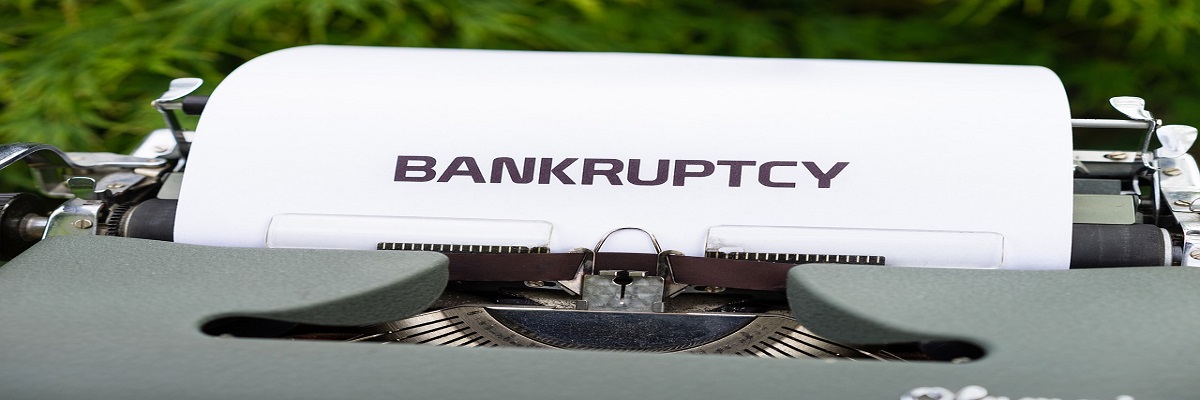Call: 888-297-6203
Chapter 13 is a type of consumer bankruptcy available to individual filers. Unlike Chapter 7, which is completed within four to six months of filing, Chapter 13 lasts for three- to five years and involves repaying your loans. Chapter 13 is usually used by people who fail to qualify for Chapter 7 bankruptcy, i.e., they are unable to pass the Means Test. It is also preferred by people who are behind on their secured debts and want to keep the car or home. This can be done by repaying the arrearage owed to the creditors through the repayment plan. Since this bankruptcy chapter is complex, it is important to consult experienced bankruptcy lawyers before filing. To know more about bankruptcy discharge in Los Angeles, call 888-297-6203.
Chapter 13 repayment plan
Your disposable income, i.e., the income left after paying for all essential expenses, is used to pay back the amount you owe through the repayment plan. Your secured debts (car loan, mortgage, and any arrearage) are included in the repayment plan. Apart from this, you also pay your priority unsecured debts (some taxes, alimony, and child support). Your unsecured debts (credit card bills, medical bills, personal loans, etc.) are also included in the plan, but you are not required to pay them in full.
The length of the plan depends on your disposable income, the amount owed, and the state’s median income. If your current monthly income is more than the state’s median income, then your repayment plan will be for five years; otherwise, its duration can be anywhere between three and five years. Going for a longer duration repayment plan is better as it reduces the monthly payments and makes it more affordable.
What happens in a Chapter 13 hearing?
Chapter 13 involves two hearings; the creditors’ meeting and the confirmation hearing. The Creditor’s meeting involves verifying the information in the bankruptcy documents in front of the bankruptcy trustee. If no objections are raised in the Creditor’s meeting, you can get your confirmation within three to four months. The duration of Chapter 13 bankruptcy starts from the repayment plan confirmation date. However, you are required to start making payments after filing the case without waiting for the confirmation hearing.
Can changes in circumstances cause any difference in the plan?
Your Chapter 13 bankruptcy can end earlier if you can pay off your creditors earlier than the plan. This can happen if all your creditors do not file the Proof of Claim form before the deadline. In that case, you are not obliged to pay them, and the money can be used to pay the other creditors. Similarly, a salary increase can provide additional money, which can help repay the loans faster.
Any change in circumstances can impact your repayment plan. Loss of job, getting a divorce, death of a contributing family member, or addition of children to the home are some circumstances that could make it difficult to complete the repayment plan as per schedule. In this case, you could request a change to modify the plan or a motion to excuse missed payments. Consulting a lawyer is recommended as failing to make payments can cause your bankruptcy case to be dismissed without discharge. Once you have paid your debts in full through your three- to five-year repayment plan, you get a successful discharge which ensures that you can no longer be held liable for any unsecured nonpriority debts that remain unpaid.

